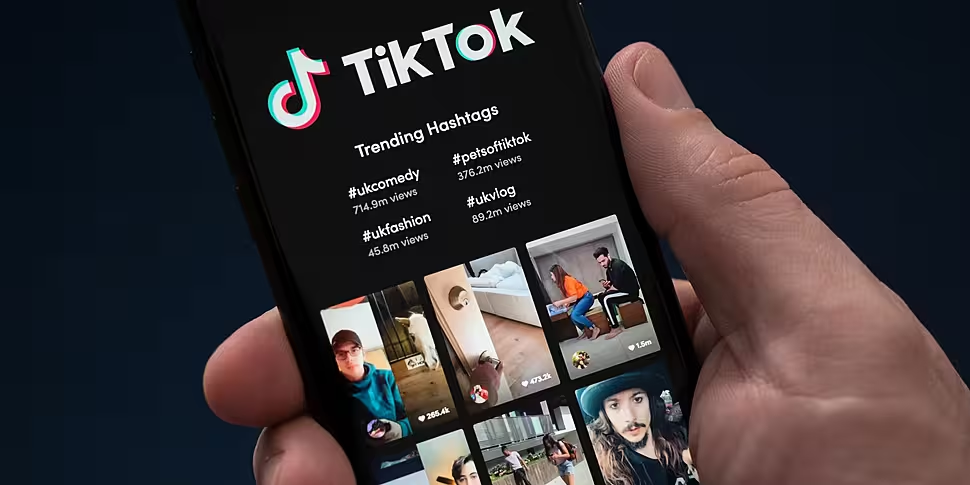People diagnosing themselves with ADHD after watching TikTok videos are 'insulting' those who actually have the condition.
The hashtag is said to have around 20 billion views on the social media platform, with creators saying they want to spread awareness - but the trend has raised concern about people self-diagnosing.
Slaney Foley was diagnosed with combined type ADHD in November 2022.
She told Lunchtime Live the platform encouraged her to seek a diagnosis.
"TikTok may have influenced me as well to kind of seek out an assessment, but it was definitely my struggles that actually led me to it,” she said.
"I would say it did [encourage me to seek a diagnosis].
"There's a lot of informative information there and there are people that are on TikTok and they are educating people.
"You can actually get a lot of information on TikTok, but then it can also spread misinformation".
'Simplicity of self-diagnosis'
Slaney said people should be aware of what they're looking at.
"It can go by general symptoms and stuff like that, rather than looking into the hidden symptoms of ADHD," she said.
"I'm kind of on [sic] two minds about self-diagnosis: I do think it's valid, because medical professionals often misdiagnose people with other mental health issues that can cause a lot of damage.
"Even if people were assessed, it doesn't actually mean that they're going to get the correct diagnosis.
"Then on the other hand, the simplicity of self-diagnosis it's kind of insulting to people who actually have ADHD.
"They're going by those general symptoms... but they're not actually going by the hidden symptoms of ADHD that people can experience".
Slaney said the symptoms include insomnia, racing thoughts, constant fatigue, trouble following verbal instructions and chronic time blindness.
'A big driver'
Ken Kilbride from ADHD Ireland said they have seen a huge upsurge in contacts in recent years.
"There has been what we would call a tsunami; we think it's been driven by four things over the last couple of years", he said.
"One is TikTok, most definitely... COVID has had an impact as well.
"People went from a very structured environment in work, then they had to go home, work from home, manage themselves, home school the children and things like that.
"There's been a tonne of celebrities over the last couple of years who've also put their hands up in saying they have ADHD.
"There's a myriad of things, but certainly, no doubt, within that, TikTok is a big driver, with people looking to get ADHD assessment done".
'Creating awareness'
Mr Kilbride said creating awareness is important.
"There's possibly about 150,000/160,000 adults with the condition - there's probably only maybe 10,000 of those that have assessment and treatment.
"There is a lot of information out there that's great at creating awareness, but it's not all factually accurate".
"People will say, 'I left my keys on the desk, I zoned out during the meeting - I think I might have ADHD'.
"People with ADHD, when they hear other people saying that to them, actually find it very demeaning and degrading," he added.
Listen back here:









